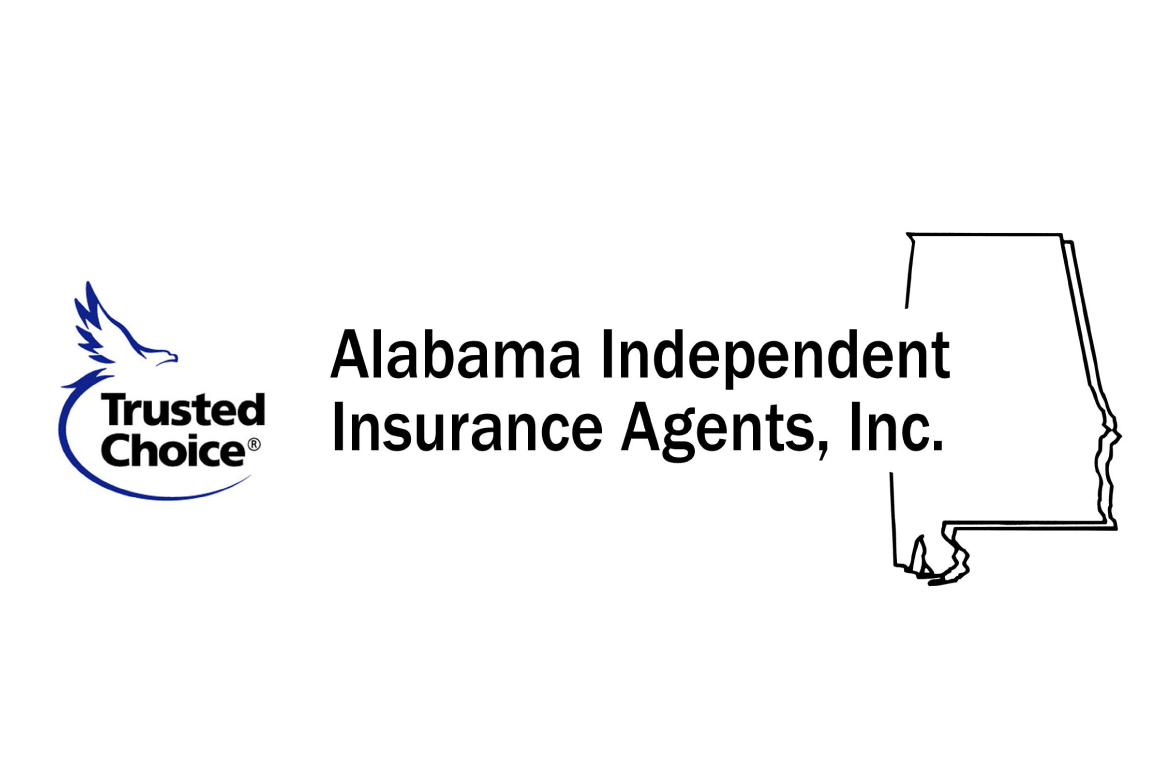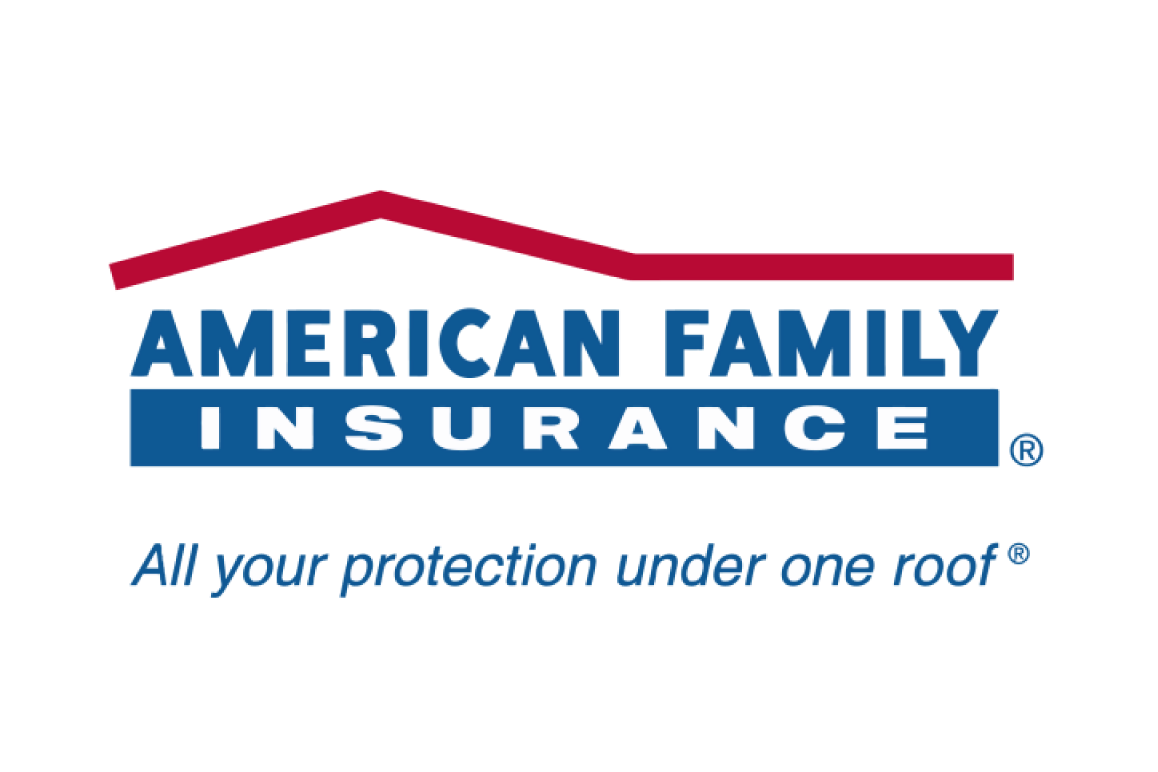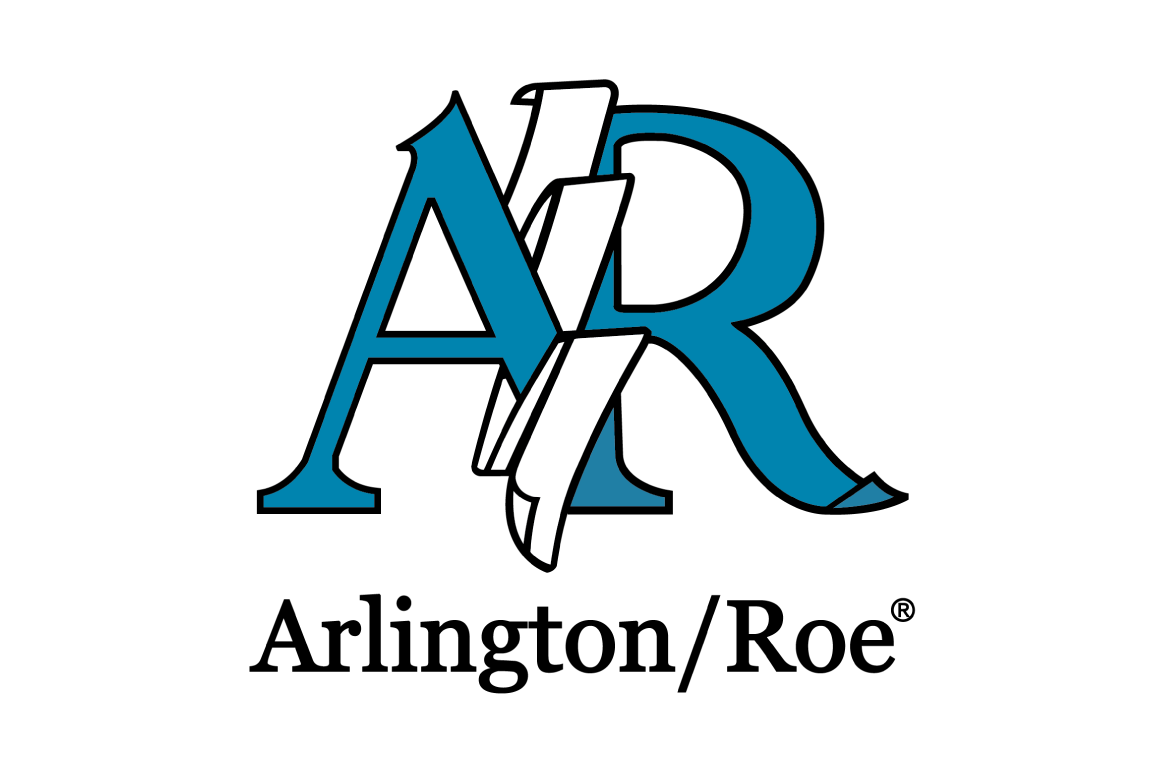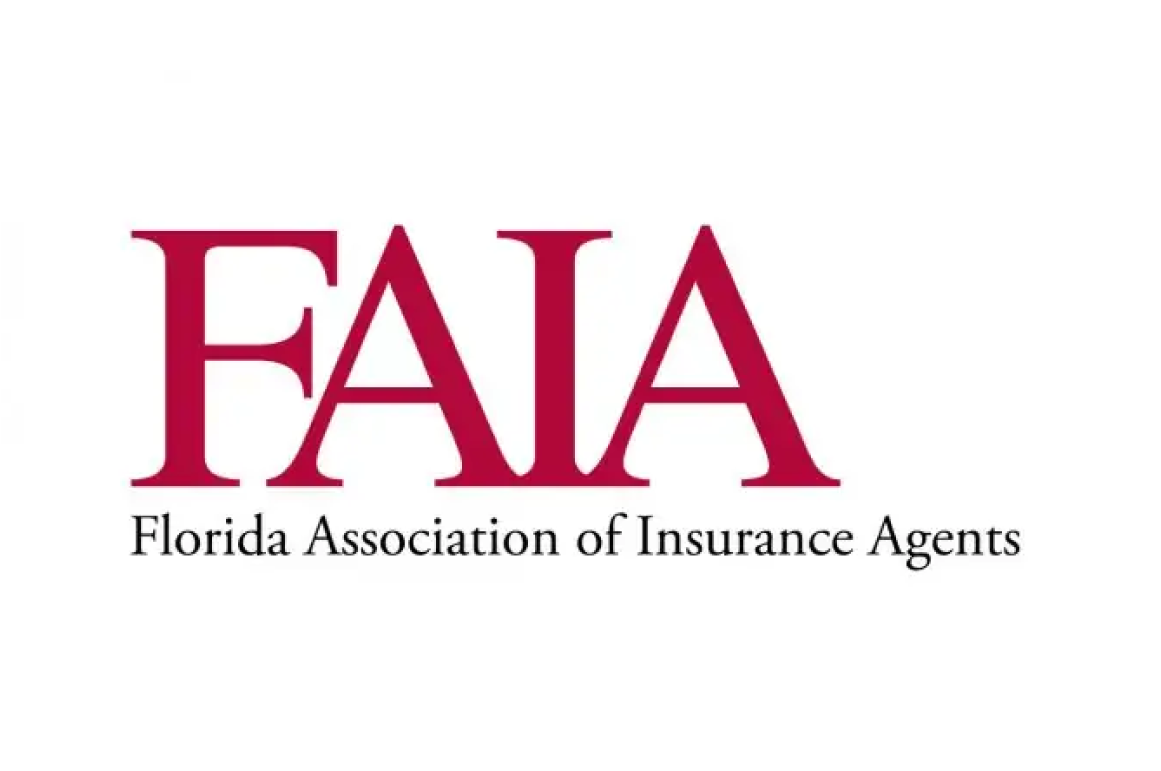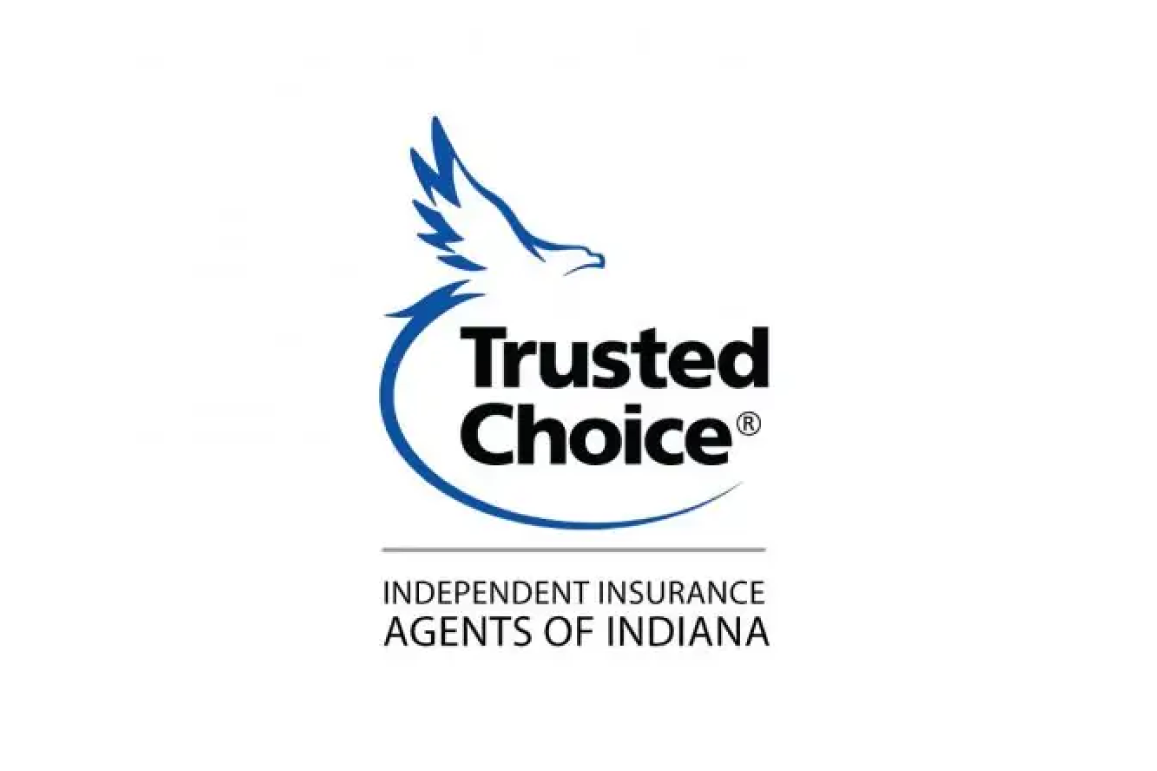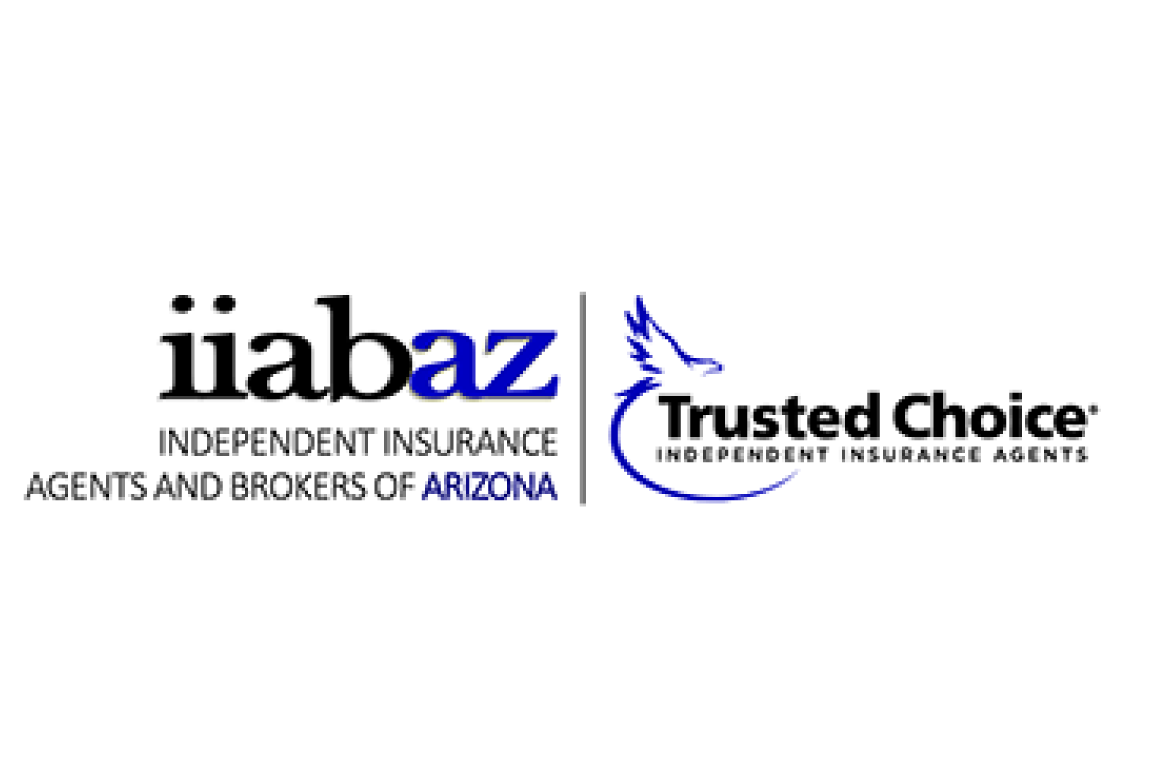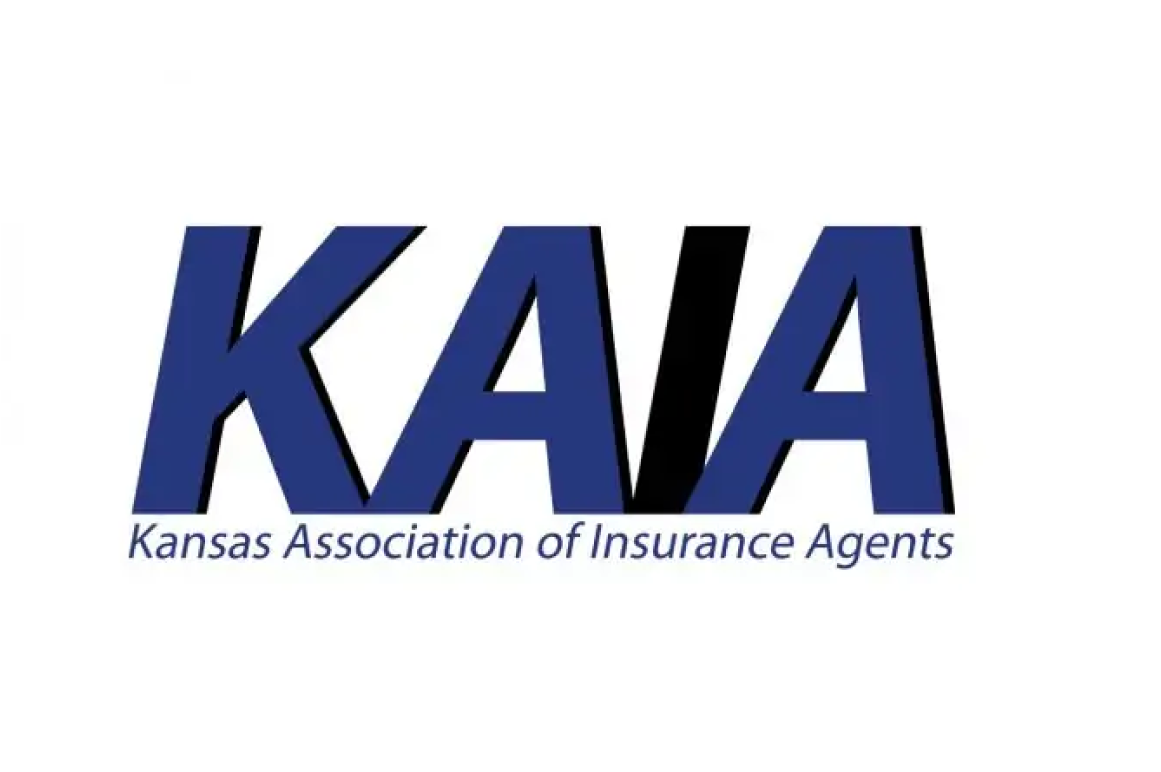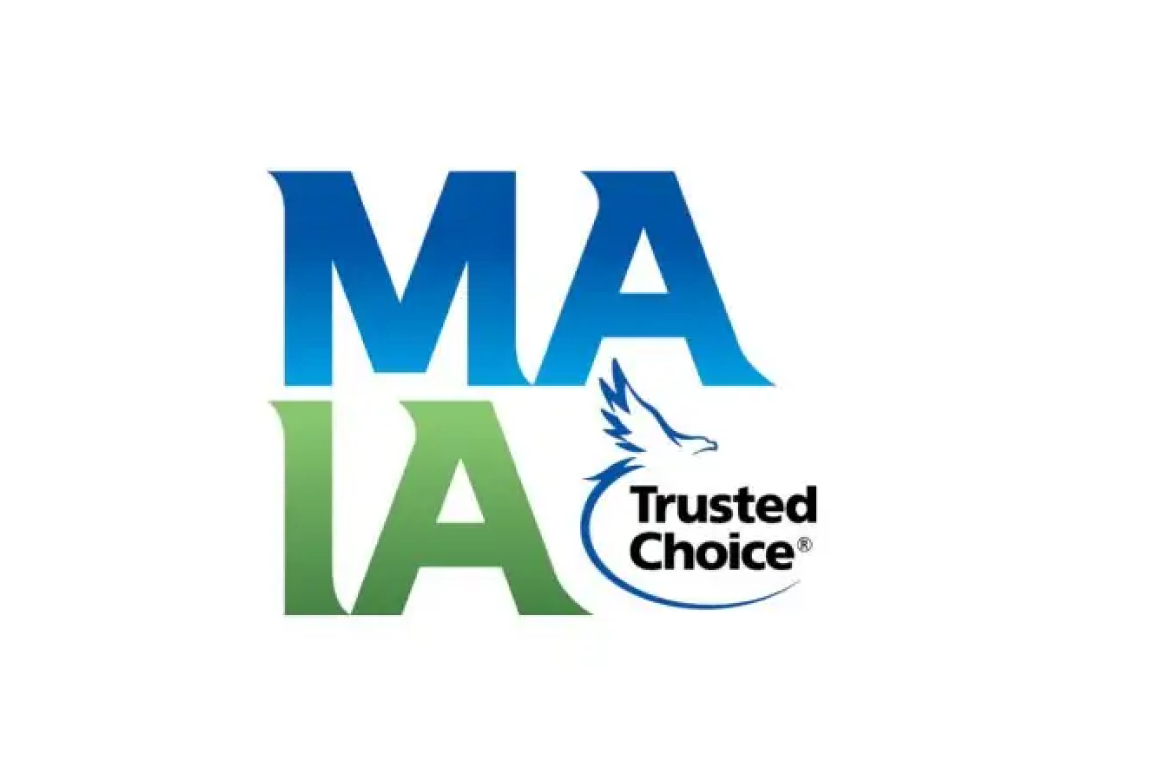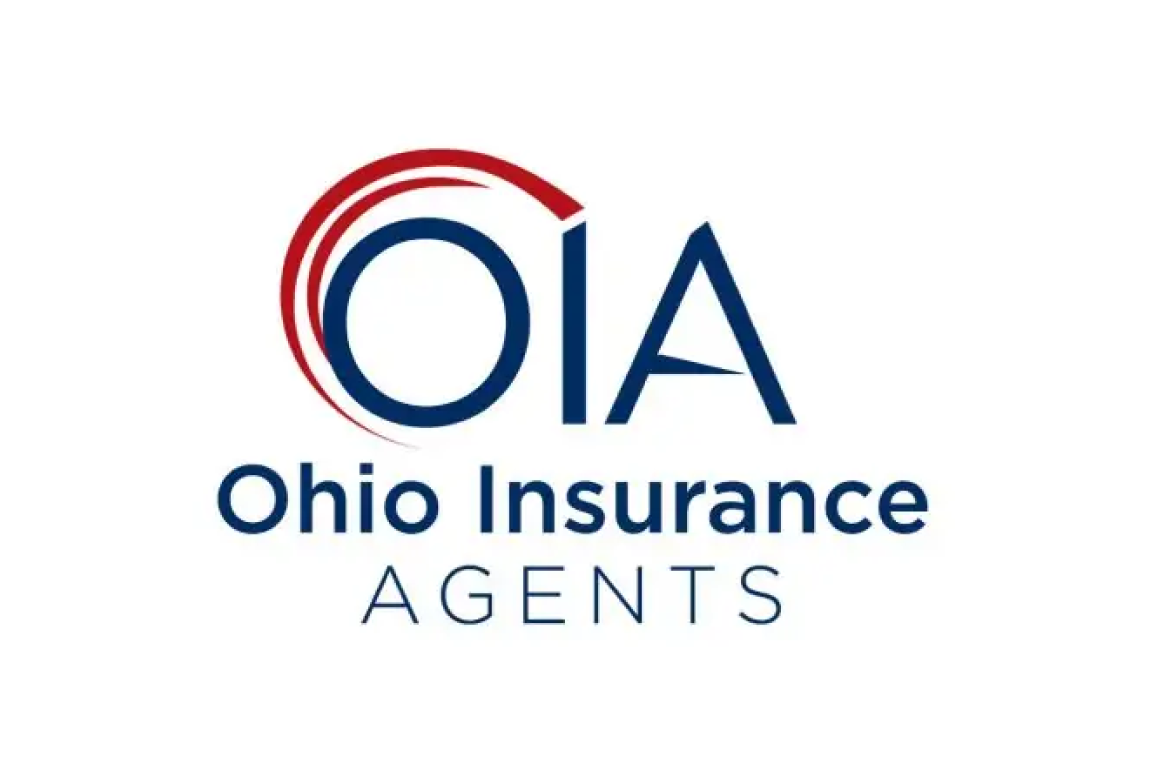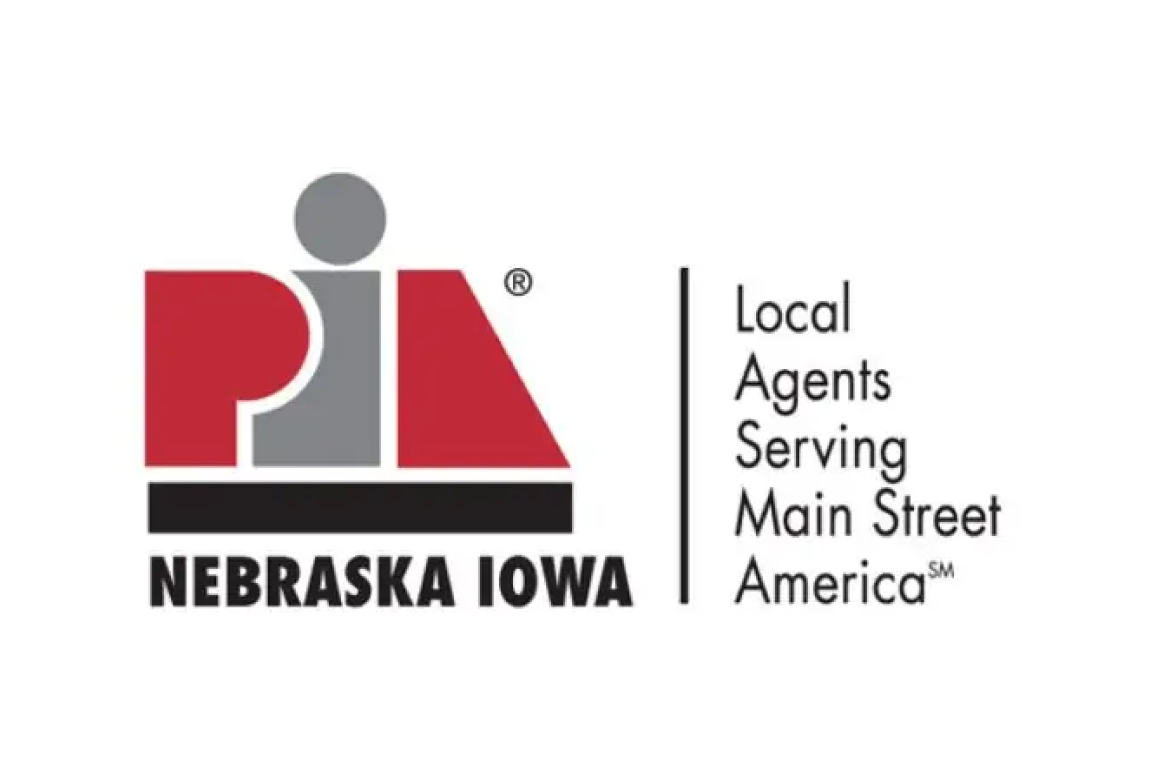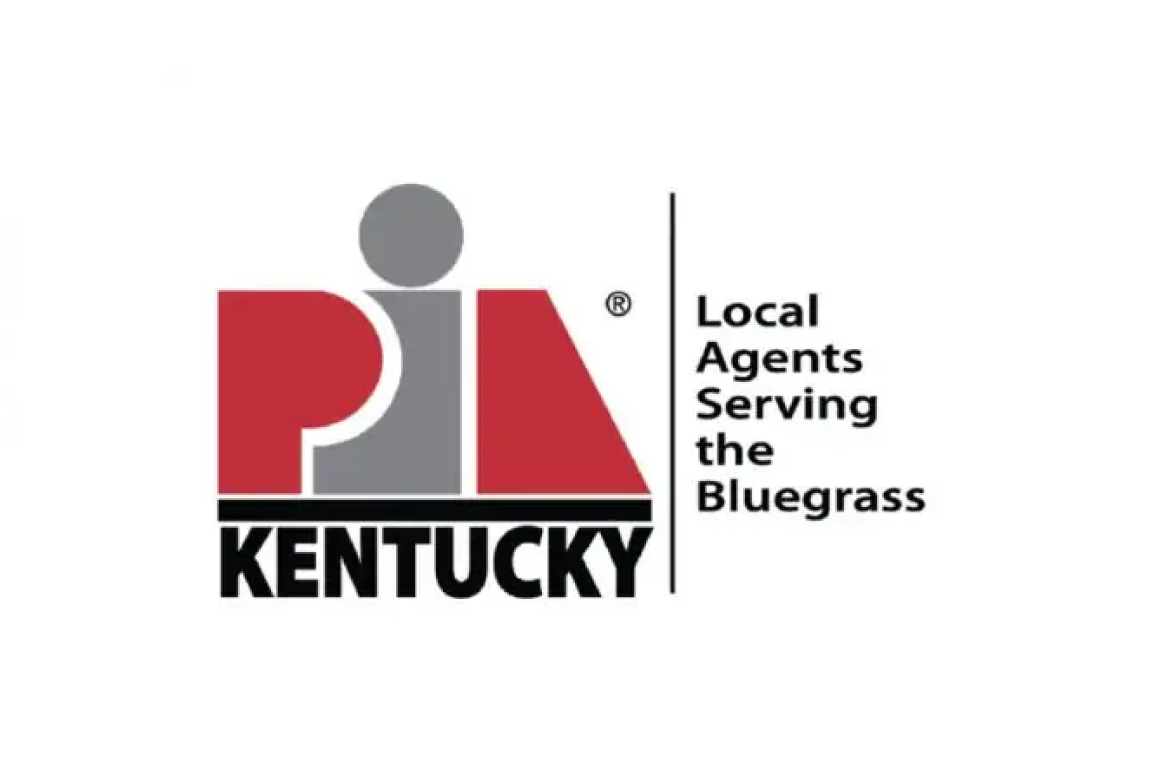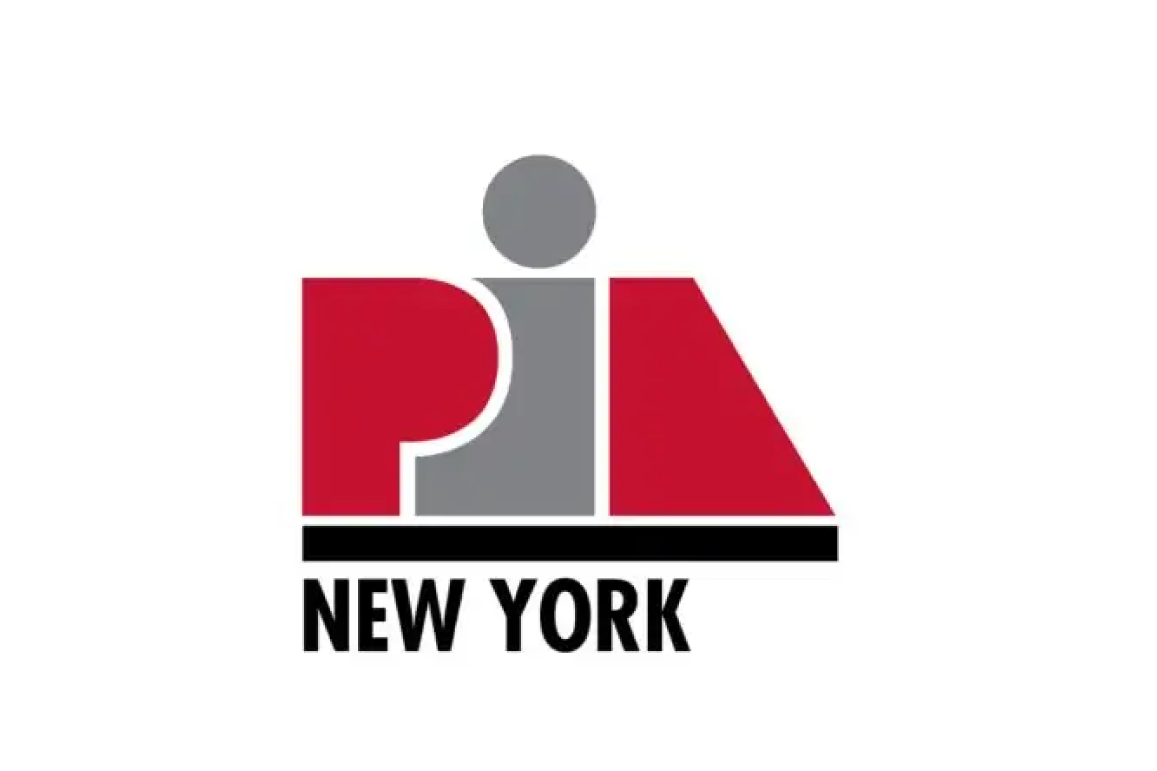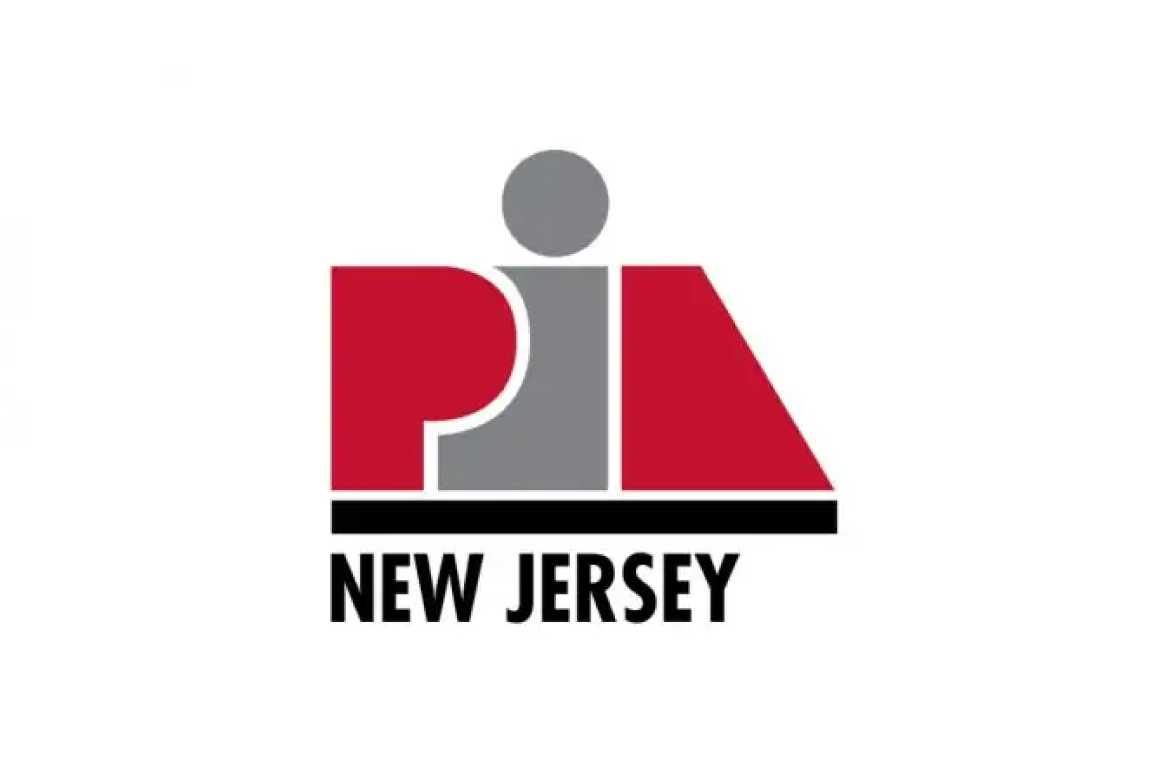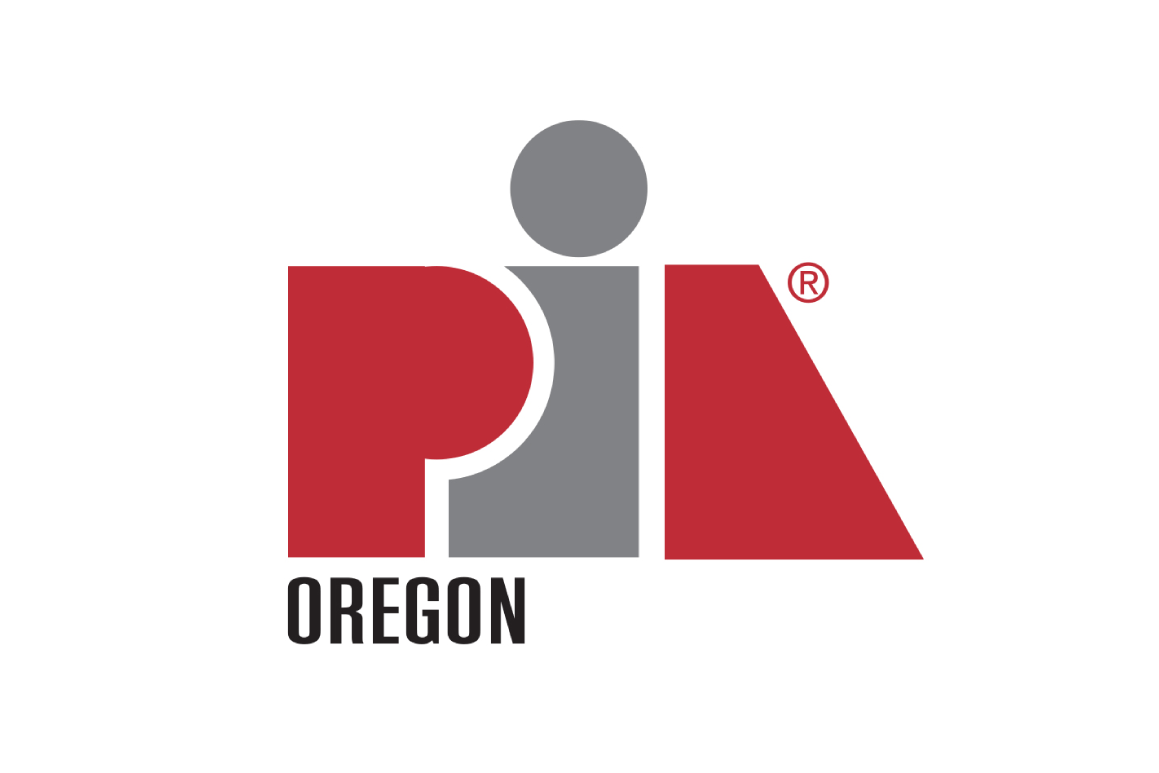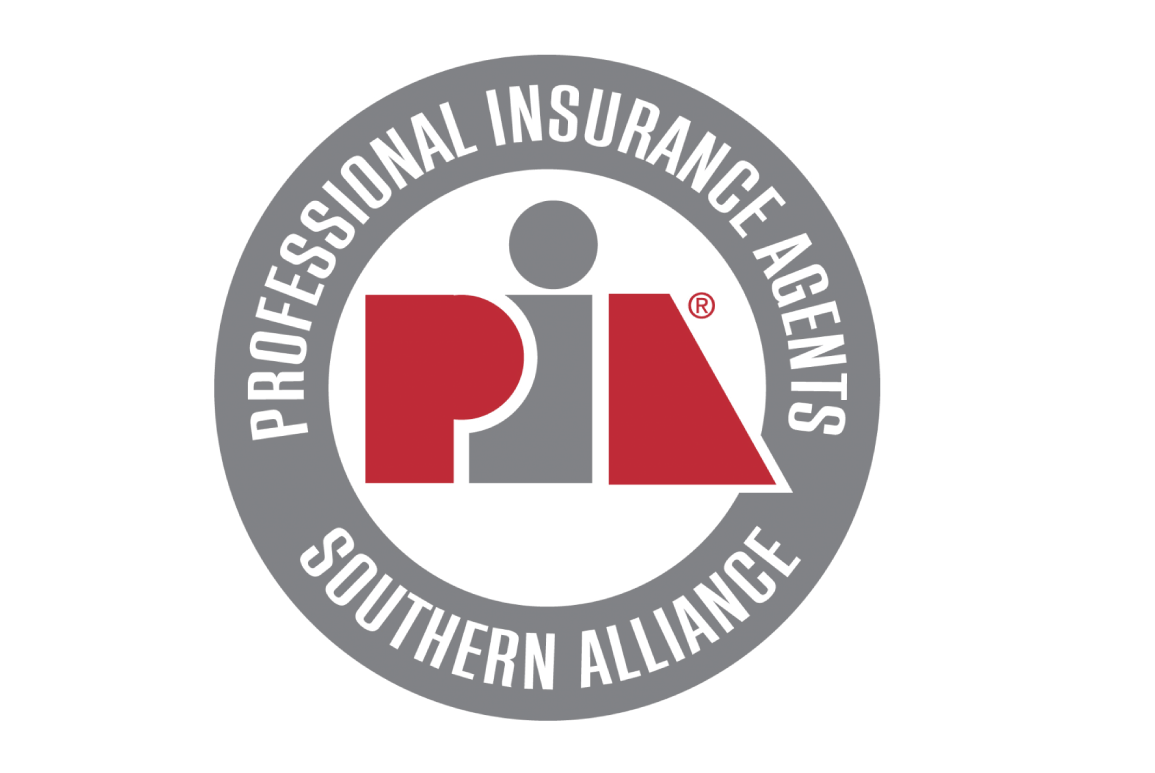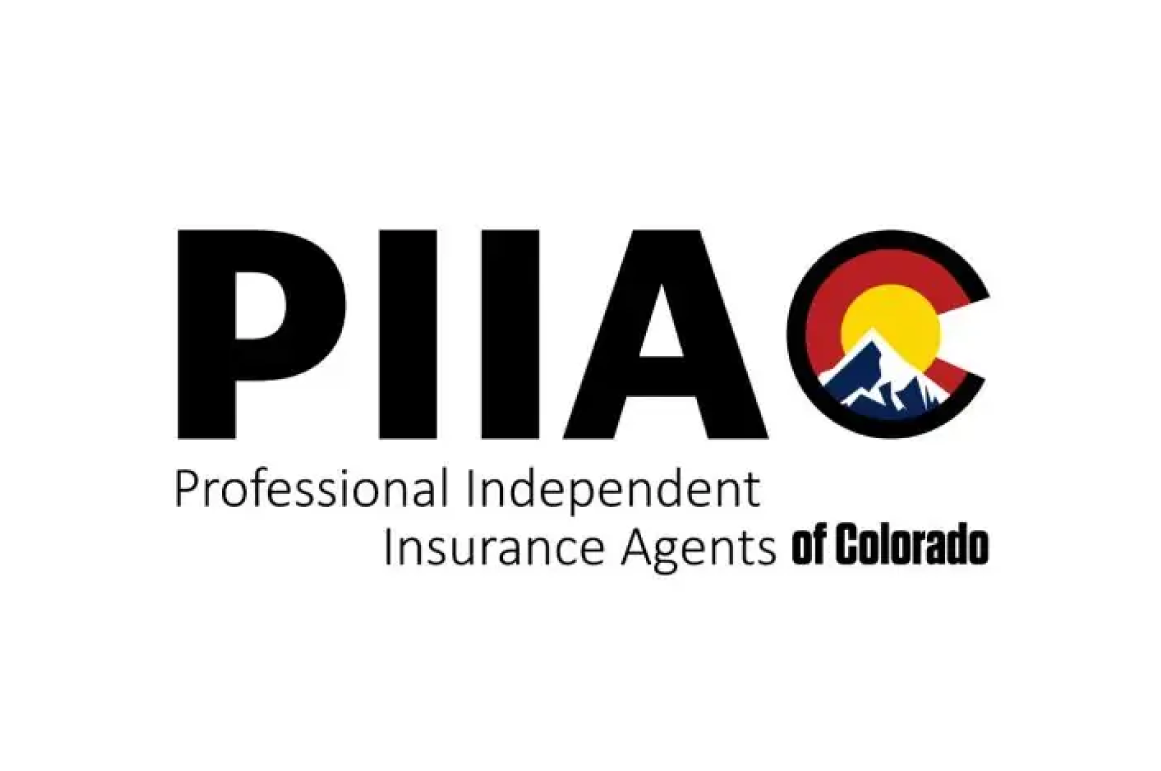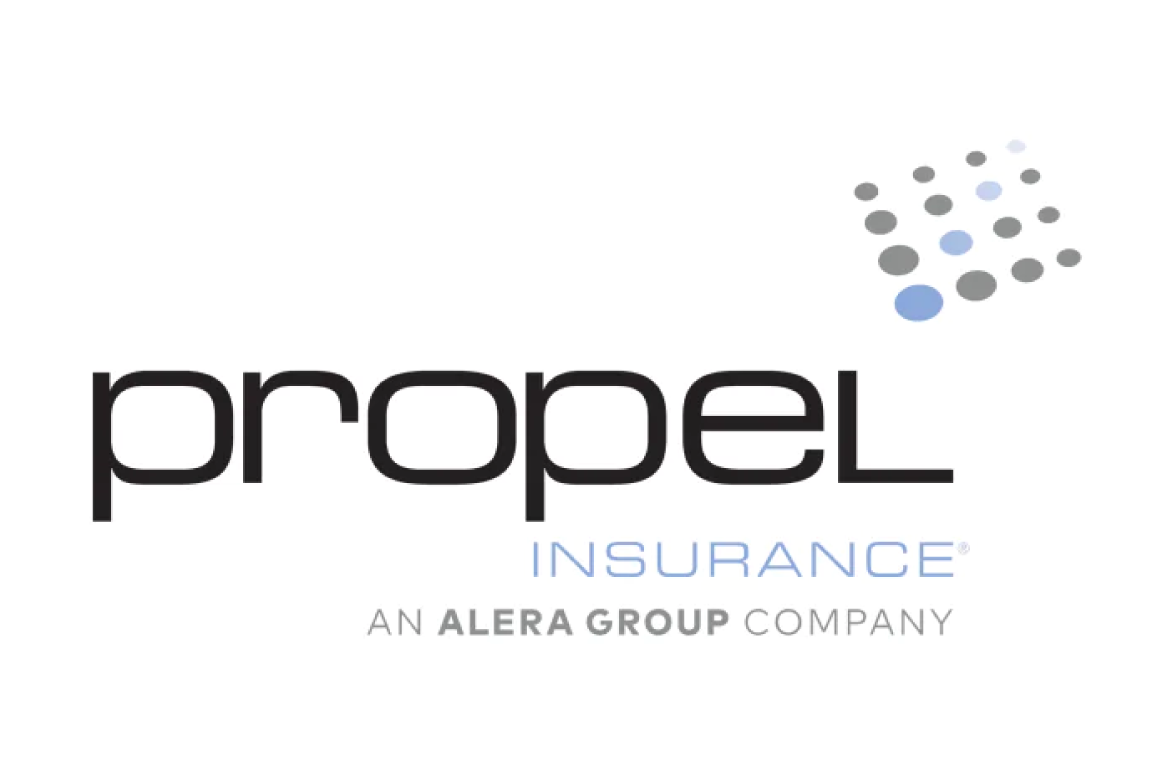
By Sarah Warhaftig, CRM, JD
Sarah Warhaftig is the Academic Director of Risk Management Programs for The National Alliance, where she is responsible for the Certified Risk Manager, Certified School Risk Manager, and the Certified Personal Risk Manager Designation Programs.
If you’ve dealt with Workers’ Compensation coverage, you know that only injuries arising in, or out of, the course and scope of employment are compensable. Every state shares this general principle, yet many states have expanded the workplace beyond the four walls of the employer’s premises.
Parking Lots
Claims for falls and injuries sustained in the employer’s own parking lot are frequent, and many are successful. The courts have held that when the employer provides parking for employees and is responsible for maintaining the parking lot, injuries sustained by employees are compensable.
Workers Comp vs. General Liability Claims
As a financial matter, from the employer’s perspective, having the employee pursue a Workers Compensation claim is preferable to a General Liability claim. In Workers Compensation indemnity benefits are defined. There is no allowance for the pain and suffering aspect of the injury. Benefits for any permanent injuries (e.g. loss of an eye) are defined by statute. While the employer’s e-mod, and thus the premium, will eventually be impacted by the claim, the amount going into that calculation is capped. With a General Liability claim, the outcome is truly speculative. The award for damages is usually some multiple of the medical costs and lost wages and may include pain, suffering, and disfigurement.
Off-Site Lots
What if the injury occurs off-site at a parking lot designated by the employer for employee parking?
- Is that compensable? The employer has no control of maintenance of the premises.
- Should the employer be held responsible for employee injuries?
- Does that change if the employer pays for employees to park in the designated lot?
- What happens if the employee is injured walking from the designated lot to the workplace premises? Or from the workplace to the designated lot?
NJ-S.B. 771
In novel legislation, New Jersey has enacted NJ – S.B. 771, which Gov. Phil Murphy signed into law on Jan. 10. The law states that if an employer “provides or designates a parking area for use by an employee,” the employee has effectively reported to work, and employment has commenced when the employee arrived at the parking lot.
What To Look Out For
Imagine the dilemma this creates for employers who have no control over the maintenance or condition of a non-owned parking lot or garage. Will the employer be able to subrogate against the owner of the lot? Better check the lease agreement for limitation of damages clauses or waivers of subrogation. For now, look to see an increase in parking lot injury cases in New Jersey. What about your state?








